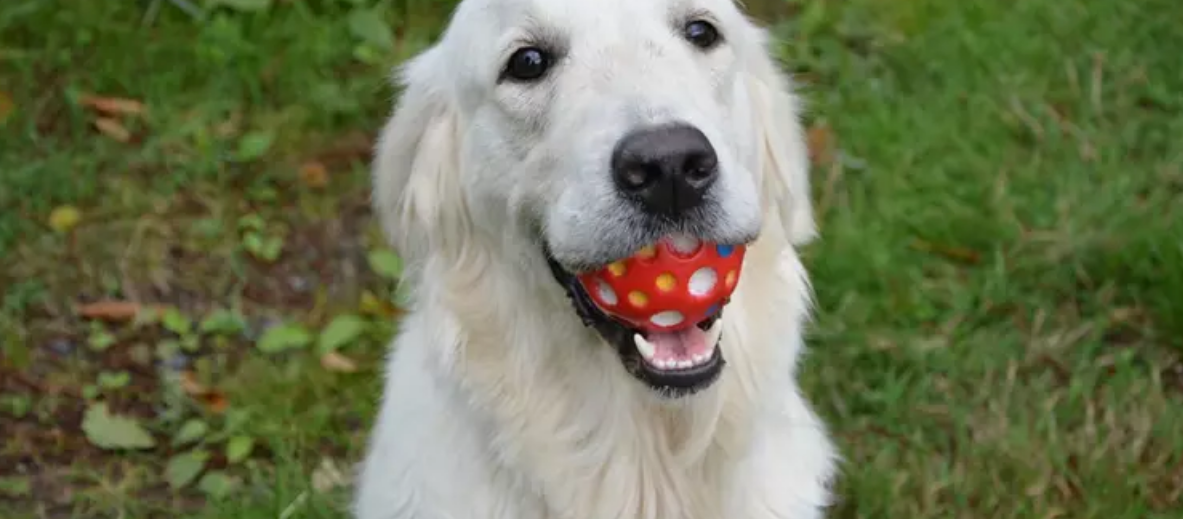What is a Foreign Body?
Pets have the unfortunate tendency to eat things they shouldn't especially curious kittens and puppies. They often explore the world with their mouths, and this can unfortunately lead to ingestion of foreign bodies. Cats mostly eat strings and ribbons, whereas dogs eat just about anything such as toys, socks, rocks, bones, sticks, string, corn cobs, fruit pits and fishing hooks - the list goes on! These materials find their way into their stomach often becoming stuck in the gastrointestinal tract and cause serious obstructions which can have dire consequences.
Often these objects will pass out the other end in a day or two, though it is possible for a small object to rattle around inside the stomach without passing for weeks. If the object does not pass and causes an obstruction or partial obstruction, surgery will be needed to remove it.
Objects that are sharp, long, or linear (like string) can cause severe damage by creating tension within the intestines, potentially resulting in pressure necrosis or lacerations, especially in the case of linear foreign bodies.
Prompt diagnosis allows for prompt removal of the foreign body before the bowel is badly damaged. In more advanced situations, sections of damaged bowel must be removed and in the worst possible scenario, the intestine breaks open and spills bacteria and digested food throughout the abdomen. This latter possibility is associated with very high mortality and is
to be avoided at all costs.
Symptoms of a Foreign Body
Pets with gastrointestinal obstruction may show:
- Repeated vomiting or retching
- Loss of appetite and lethargy
- Abdominal pain or bloating
- Drooling or difficulty swallowing
- Diarrhoea or blood in stool
- Dehydration
- Evidence of a swallowed object (e.g. bones stuck in the mouth)
The clinical signs vary depending on how long the object has been in place, its location, and its size.
How We Diagnose a Foreign Body Obstruction
In some instances the veterinarian may be able to palpate or feel the object in your pet’s intestinal tract. Often blood work, radiographs, and/or ultrasound will need to be performed to get a diagnosis. Some objects are visual on radiograph, others just show typical signs of
obstruction including a looping or gap in the intestines or an abnormal structure that is 'out of place’. In some instances, the veterinarian may recommend an exploratory surgery to look to see if there is any foreign objects in the intestinal tract.
Surgery
Because of the dire consequences of not doing surgery when it is needed, it is often best to opt for surgery earlier rather than later. The patient will need to be stabilised prior to surgery. Most likely the foreign body will be obvious in the stomach and/or intestines and can be
removed. If the bowel is damaged or even perforated, sections of bowel may require removal. After surgery, several days in the hospital may be needed for recovery. If there is going to be a problem with an intestinal incision, it is usually seen by the third day after surgery.
The linear foreign body surgery is generally considered a higher mortality situation than those of more simple foreign bodies. Your pet will be sent home with post-operative medications and will need to go on strict rest and diet instructions. Your veterinarian will go through these instructions with you upon discharge.
Preventing Foreign Body Incidents
At Home:
- Store small objects and clothing out of reach.
- Remove bones promptly after meals.
- Secure garbage bins.
- Regularly clear the yard of dangerous objects.
Outdoors:
- Keep your dog on a leash during walks.
- Train pets to “leave it” or “drop it” to reduce risk.
Why Rapid Veterinary Attention Is Crucial
Time is critical. The longer an object remains lodged, the greater the risk of:
- Intestinal damage or perforation
- Peritonitis and septic shock
- Needing more invasive surgery or bowel resection
- Recovery complications and even fatality
Early diagnosis and treatment significantly improve chances of a full recovery.
If you suspect or have seen your pet ingest a foreign body of any kind, or your pet is showing any of the symptoms, it’s important to contact us as soon as possible on 07 4987 6800.
